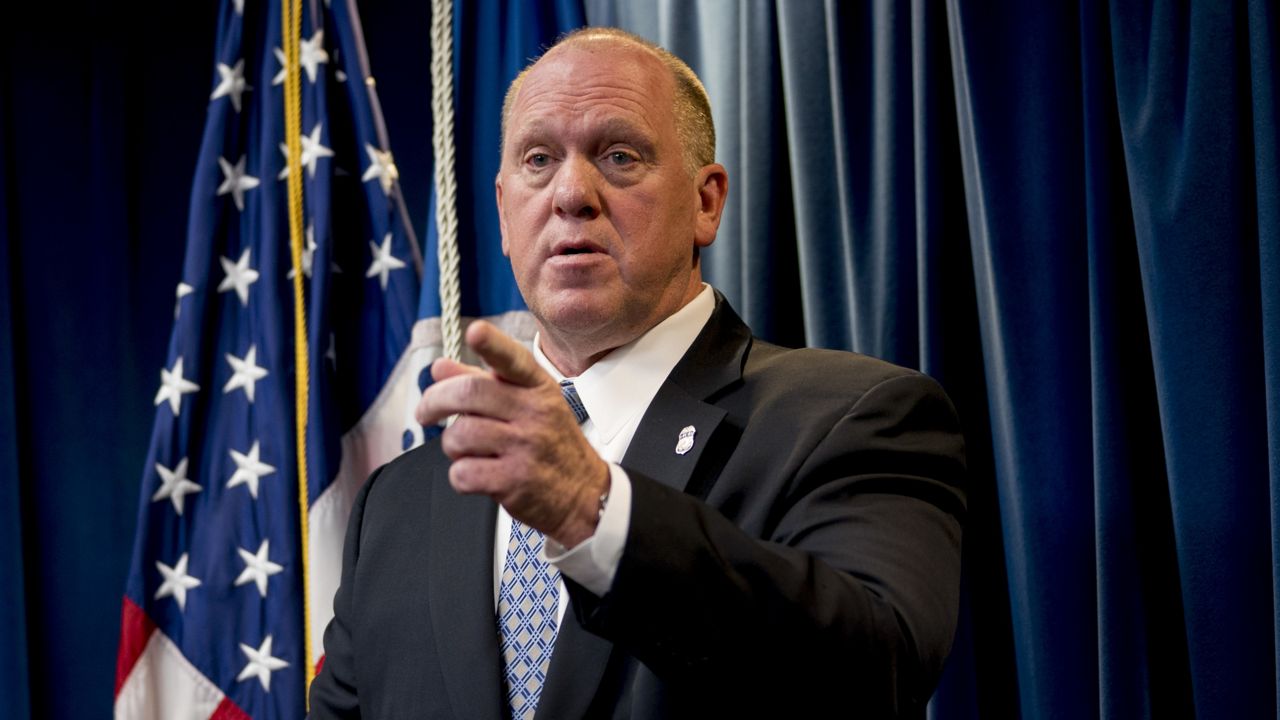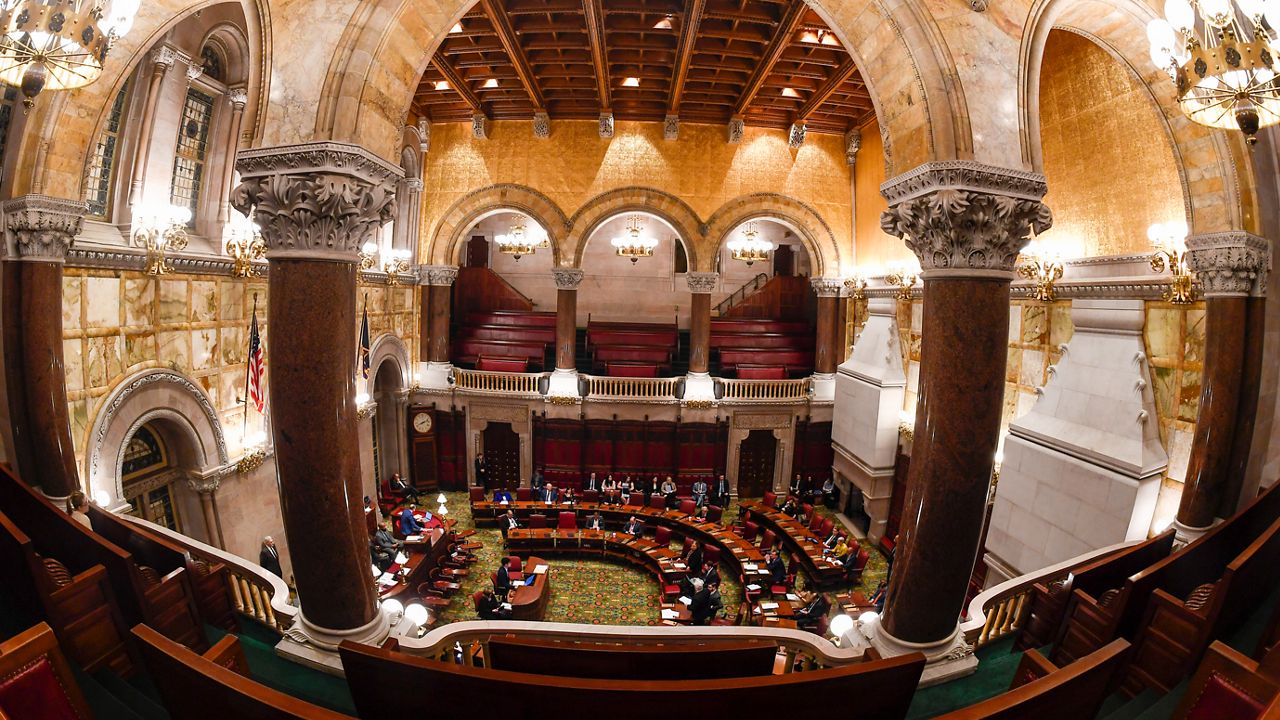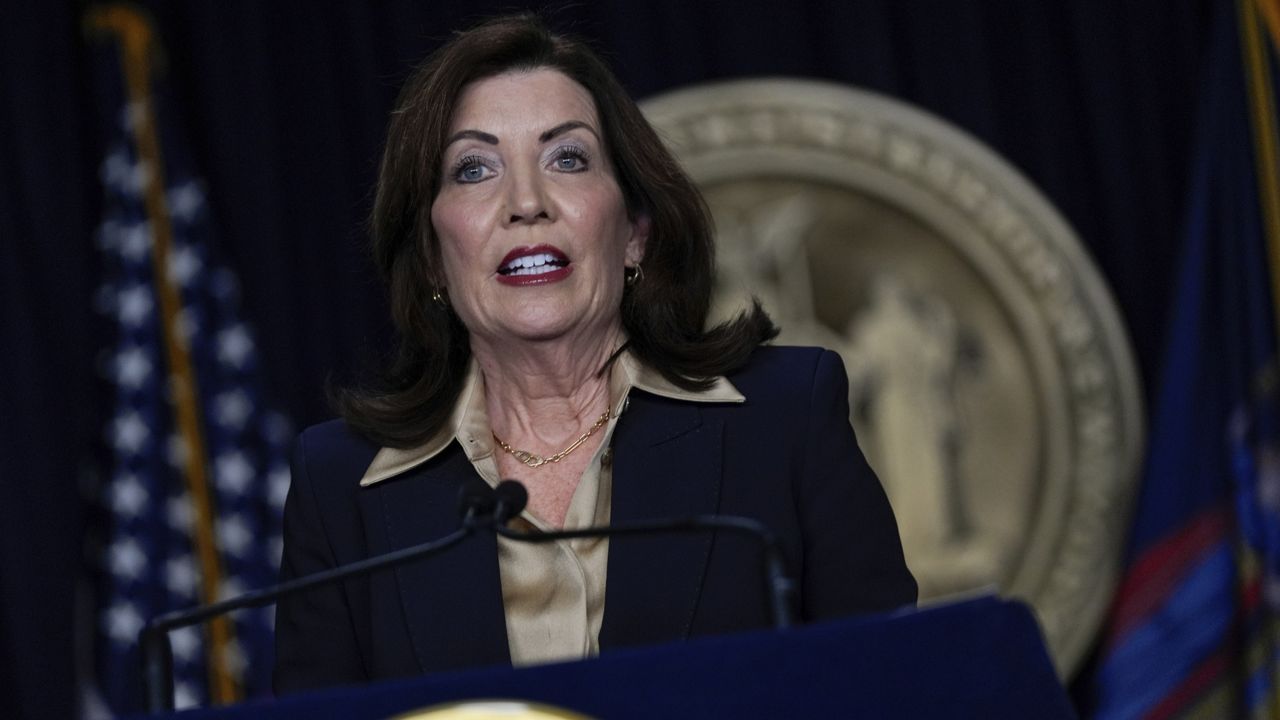New York state’s budget for the 2025 fiscal year was passed over the weekend. It came after weeks of debate among legislative leaders and Gov. Kathy Hochul, negotiations largely focused on a deal to address the state’s housing crisis.
Coming in just shy of three weeks late, it was by all accounts a largely collegial process, but it has left many to wonder why a late budget in New York seems to surprise very few.
Hochul told Spectrum News 1 this morning in New York City that she was happy with the overall package.
"People comment on this part, that part, and may not necessarily love it, but I love it because what were doing out here today is talking to real people who will benefit from this,” she said.
Senate Majority Leader Andrea Stewart Cousins called it a significant step forward.
“We passed our one-house resolution in a statement of the Senate’s priorities, now were animating those priorities with a state budget that puts real resources into things that matter and makes a difference in people's lives,” she said.
Senate Minority Leader Rob Ortt hit at what he called the budget's misplaced priorities, its size and its lateness, as Republicans have for weeks.
“The more we try to use government to provide everything for people, the more they escape our grasp to go to other states, where there’s more freedom. They keep more of their money, they have better opportunities,” he said.
Of the issues on the negotiating table, housing was often cited as the most complicated, the outcome being a deal that is designed to incentivize new housing with some protections for tenants.
On education, the governor backed off of a proposal that would have changed the way school aid is calculated in favor of a study for next year.
Medicaid also held up the process, with some cuts proposed by the governor restored, along with a new effort to generate extra dollars from the federal government. The governor, meanwhile, touted a victory on increased penalties when it comes to assault on retail workers and other measures to combat retail theft.
Blair Horner, executive director of the group NYPIRG, argued that even though the budget was late and involved many complex issues, the sparks didn’t fly this year as intensely as they did in 2023, when the process stretched into May.
“It seemed to be less intense than people expected,” he said. “Part of it was that revenue came in better than expected in January, and having more money to negotiate over sometimes makes the budget easier.”
Despite an unexpected $1.3 billion in extra revenue, the governor and the Legislature began the process without even an agreement on how to raise more, and it was the second year in a row that the budget was multiple weeks late.
Horner emphasized that can’t be fixed until structural issues with the process are addressed.
“It’s because the state constitution gives the governor so much power, and so in a system of checks and balances, the legislative branch organizes itself to be a check on that large executive power,” he said.
Horner encouraged the Legislature to look at the process and to be open to holding hearings to address those structural issues.









